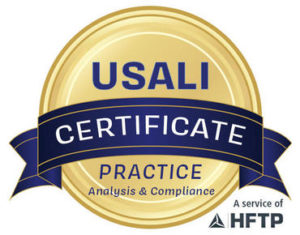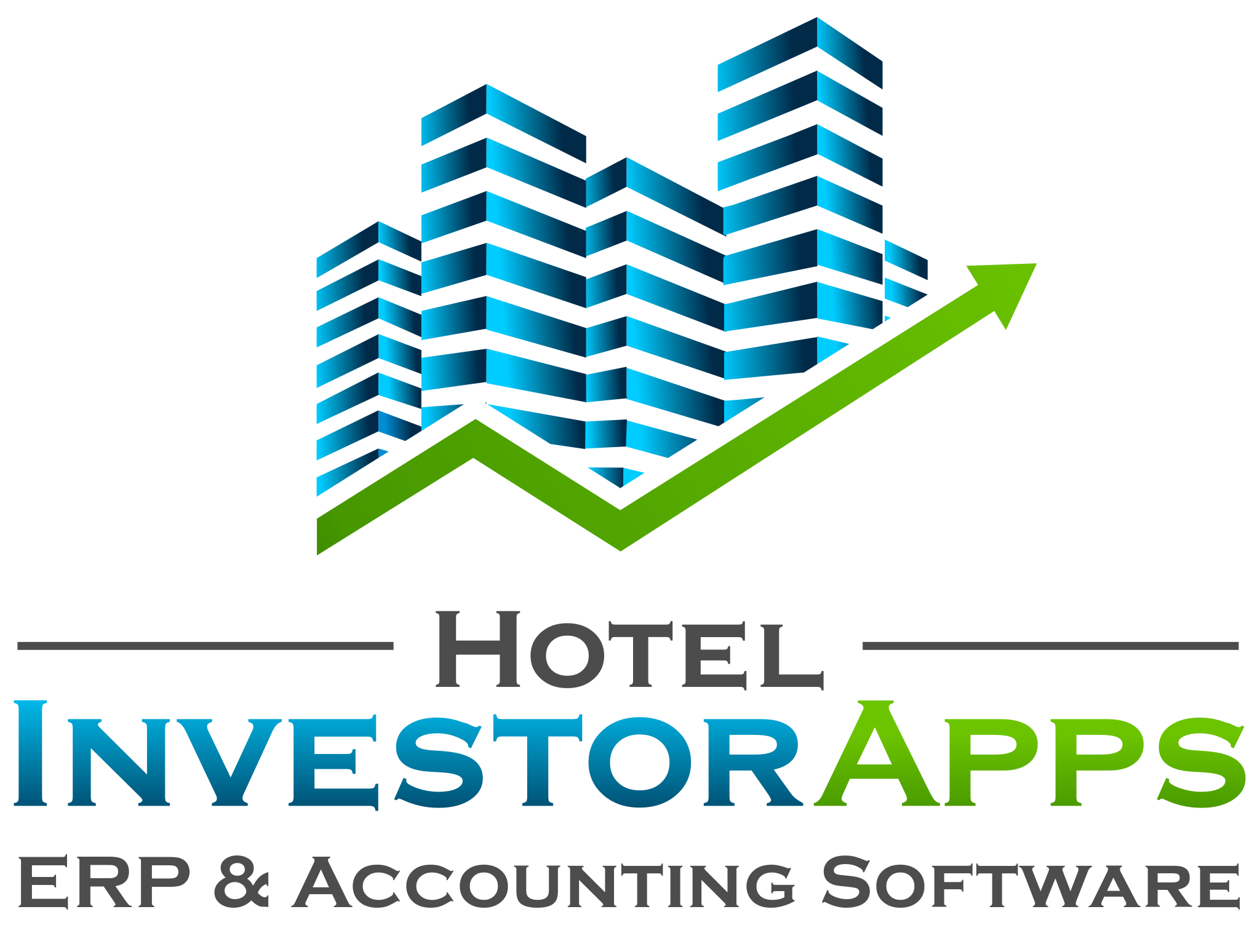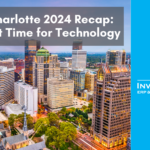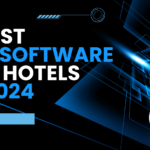We all know that hotel budgets provide a valuable reference point for informed and effective financial management. However, creating those budgets can be an intricate and time-consuming task.
Between inflation, tight job markets, and the competitive hotel management environment, the pressure to set and meet ambitious financial goals can be substantial. As can be the pressure to produce an accurate and reliable budget, taking all the what-if scenarios into account.
As we are in the midst of hotel budgeting season, here are some pro tips and food for thought to make sure your budgeting is covering all the bases.
Pro Tips:
#1. Start with a P&L Report with ALL the Columns
Looking at the current budget, current forecast, and actual performance for several years lets you see trends, analyze patterns in key performance indicators (KPIs), and to look at Gross Operating Profit Per Occupied Room (GOPPOR), as well as budget variance, operating expenses as a percentage of revenue, and NOI.
To take this analysis of historical data to the next level, use hospitality business intelligence software. In your BI platform, you can create endless filters to dive into the data. For example, look at GOPPOR by department and by month to evaluate each department’s contribution to profit, and the cost efficiency of each department. Use Business Intelligence to track trends in operating expenses and identify areas for cost savings.
On a portfolio level, Business Intelligence can benchmark profitability and performance of departments at different hotels to allocate resources and identify opportunities for revenue gains or cost controls.
Once you have created your budget, keep a running report in your Business Intelligence Dashboard comparing actual performance to budget.
See the 5 Best Business Intelligence Software for Hotels in 2023 here.
# 2. Include Staff Productivity
You need to be able to understand your workforce productivity to accurately budget labor, one of the biggest expenses for any hotel. Understanding productivity helps make sure that the right number of employees are scheduled based on demand. It also helps identify bottlenecks and areas to streamline.

Business Intelligence software with Labor Management lets you drill into labor data to measure wages as a percentage of revenue, or measure minutes per occupied room.
Before you tack on a percentage increase to the current labor expense, you will want to know how many full-time equivalent employees you have in each department, and does this correlate to occupancy trends? To daily rooms sold? You will also want to know whether next year’s budgeted productivity is better than this year’s. (Hint: it should be).
To learn more about labor management software, read “The Number One Thing You Can do to Control Labor Expense at Your Hotel Company”.
# 3 Create a Labor Plan
In a tight labor market, it can be difficult to attract employees to the hospitality sector and keep good employees. You will want to use your HR and Payroll or Labor Management software to look at average wage rates. How have wages changed year-over-year? How does this compare to the larger job market and to the local hospitality job market? Create a plan for wage movement next year to meet your goals.
You can also monitor which departments might need additional labor resources. Make sure that you understand which positions are fixed and variable. Create a staffing formula to account for fixed positions and incremental staffing needs at different levels of occupancy.
# 4 Use the Uniform System of Accounts for the Lodging Industry (USALI)
The Uniform System of Accounts for the Lodging Industry or USALI is the standard in hotel accounting practices. USALI makes it easy to compare your budget to any other in your portfolio, or to any hotel outside your portfolio using USALI, or to industry base-lines. When an expense could theoretically correspond to more than one department, there will be no discrepancy in your budget because USALI has a set framework of sub accounts for each department.

#5 Use a Hybrid Budgeting Method
To optimize your budget process, use a hybrid approach to prioritize your efforts on the categories which have the greatest impact on your overall budget and profitability. In a hybrid approach, certain costs may follow a zero-based evaluation process, especially discretionary and variable expenses, however, fixed or recurring costs may use an incremental approach, or a cost per occupied room approach, considering historical data as a starting point.
Incremental budgeting assumes that current budgeted or actual expenses are the baseline and can be adjusted by a percentage either up or down. This is a good method to use for relatively fixed expenses which may change in the new budget based on simple factors such as inflation or rate changes. For instance, insurance premiums, property taxes and licenses can be easily budgeted using the incremental method.
Cost per Occupied Room budgeting allocates expenses based on the number of rooms occupied. This method is best for expenses which fluctuate based on occupancy levels, such as utilities, laundry, operating supplies, etc.
Zero-Based Budgeting starts each line item at zero and every expense needs to be justified. This is a good exercise if there are any expense categories which, based on historical analysis and business intelligence benchmarking, are suffering from bloat and there could be room for cost savings. Additionally, zero-based budgeting is useful to evaluate the ROI for initiatives such as marketing campaigns or sustainability programs. It is also helpful to assess your technology and invest in upgrades to align software capabilities with your business goals.
#6 Unlimited What-If Scenarios
In the hospitality industry, you can count on uncertainty and volatility. There will be seasonality, demand fluctuations, new competition, and broader economic influences which can alter performance outcomes. When you use budgeting software with the capability to create multiple budgets, you can address many of these “what if” scenarios. For instance, what if the new hotel down the street opens in March and has a fast ramp up? Or what if the new hotel is delayed until June and then it also has a slower ramp up? Gain a better handle on expected outcomes when you have a financial plan that fits the reality.
Modern hotel accounting software should include built-in budgeting software with the capabilities to prepare for anything with unlimited budget scenarios.
Learn more about the advantages of integrated accounting and budgeting software here.
# 7 Treat your Budget as a Living Document
When you treat your budget as a living document with periodic reviews and updates, incorporating new data and adjusting predictions, your budget becomes a Forecast. A Forecast helps management make informed decisions based on current predictions.
#8 Invest in Your Tech Stack:
It can be a challenge to create a budget without a centralized system to maintain accurate and consistent data across different departments. Review your current technological solutions; are they still meeting the needs of your organization? Does the combined tech stack make the most of your team members’ skills and capabilities, or are they spending too much time on slow, manual tasks? Investing in comprehensive and efficient hotel technology is crucial in creating more accurate budgets.
Here are a few solutions to look at:
- Hotel ERP and Accounting Software:Modernize your accounting with an ERP platform with industry integrations for PMS, POS, comp set data, and guest satisfaction along with advanced capabilities for custom financial reports, ease-of-use, and access to real-time financial data.
- Built-in Budgeting Software:Eliminate the errors of manually exported and imported budgets, and budgets not tied to specific accounts, with a hotel ERP platform which includes a budgeting module for better accuracy, accessibility, and control.
- Business intelligence for Operations:Sync your hotel financials with a business intelligence tool that lets you easily filter your data to benchmark expenses, evaluate cost efficiency and profitability.
- Business intelligence for Labor Management:When you tightly integrate accounting and time & attendance data, you get insights impossible with either data set alone. Monitor staff productivity with key KPIs like Labor Cost Percentage (LCP), Labor Cost per Occupied Room (LCOR), hours per room, overtime costs, and more.
There is only one solution in the hospitality industry which combines the above software solutions onto a single back-office platform, Hotel Investor Apps’ ERP & Accounting Software (HIA).
If you are ready to take your hotel technology to the next-level with accurate, real-time financial reports, built-in budgeting software, and built-in business intelligence for operations and labor management, reach out to Hotel Investor Apps to learn more.

Jaime Goss has over a decade of marketing experience in the hospitality industry. At Hotel Investor Apps, Jaime heads up marketing initiatives including brand strategy, website design, content, email marketing, advertising and press relations.










